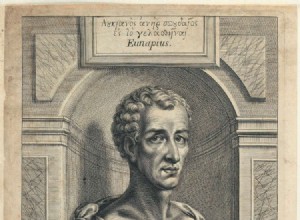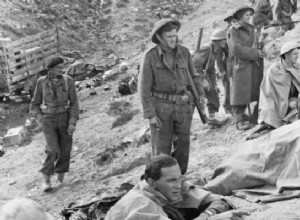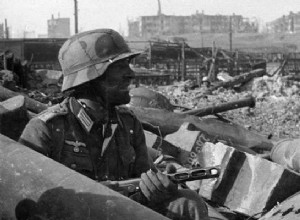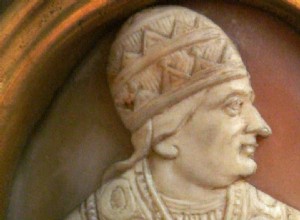If someone thinks that the tricksters of esotericism are a product of our time, they are completely wrong. Quackery is as old as speech and history is full of impostors, storytellers and frauds:there have always been false and enlightened prophets who take advantage of their talk to do business. One




